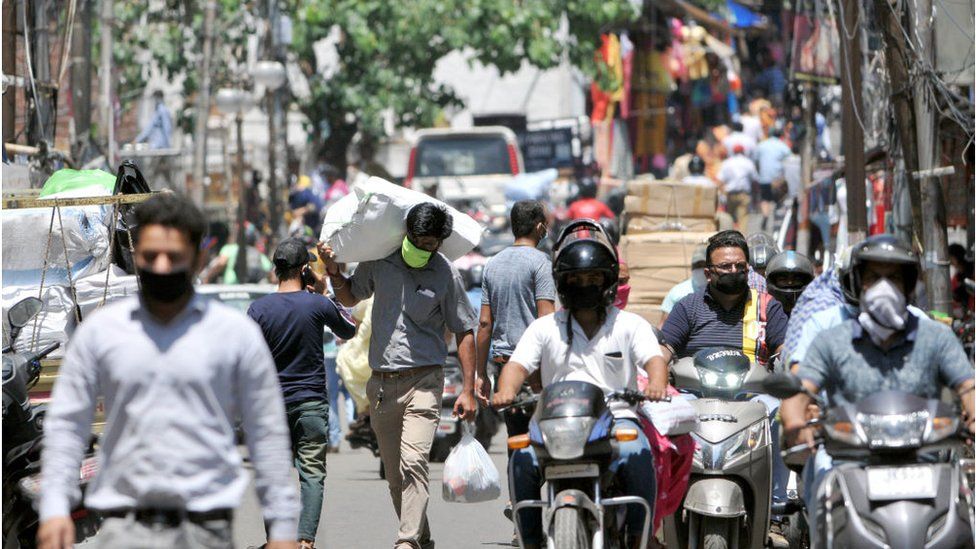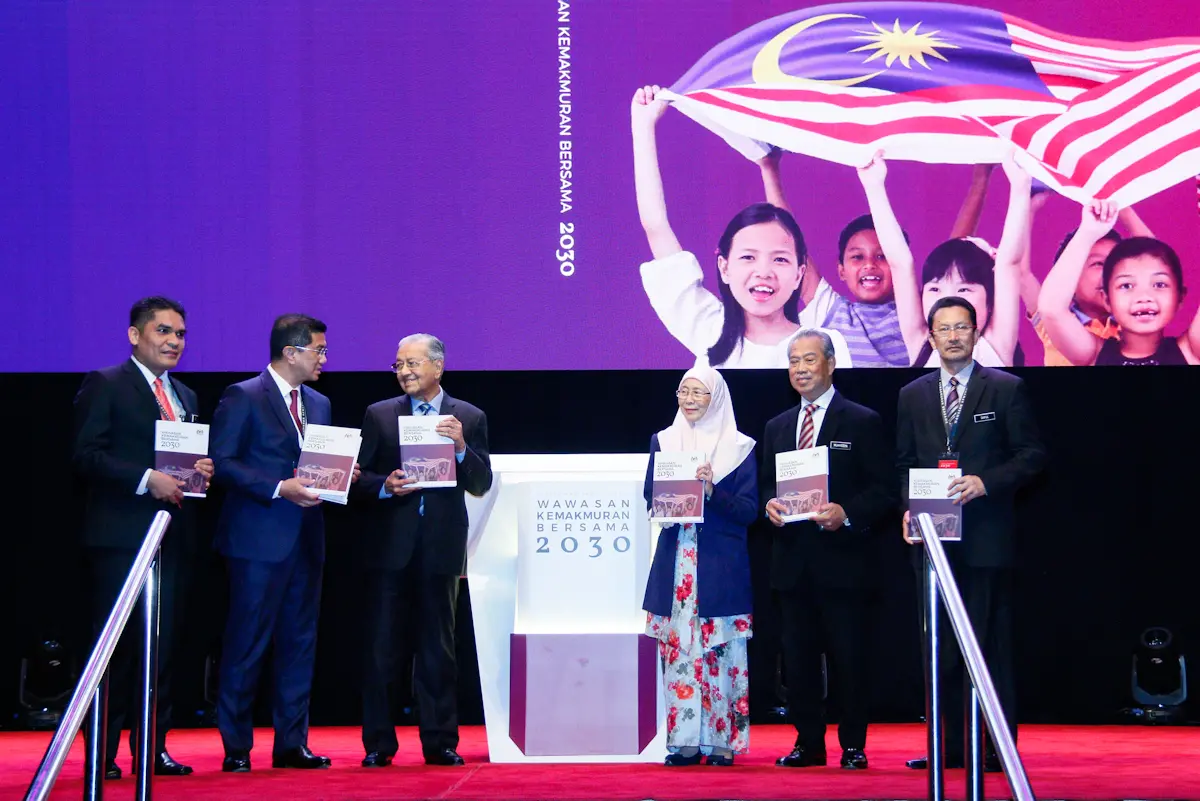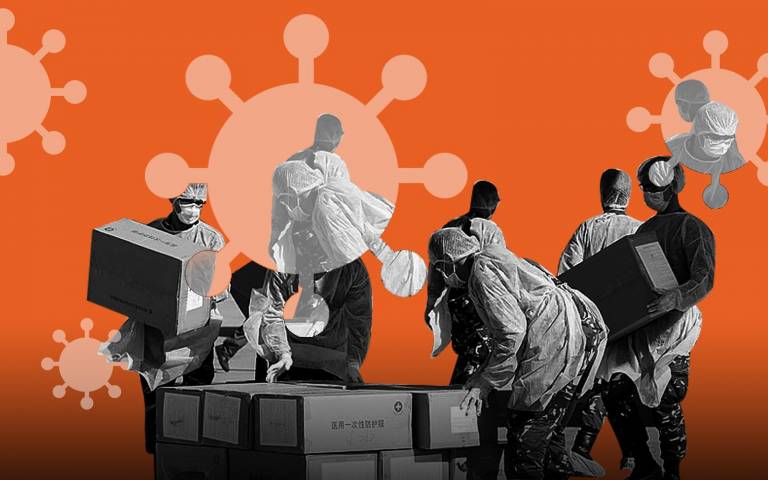Globalisation is related to the disappearance of national boundaries to establish a single market. This refers to goods and services, capital, as well as labour. The current wave of globalisation started with the end of the Second World War and the establishment of international institutions fostering the decline in trade tariffs, which gained speed in the 1980s and 1990s as emerging markets increasingly adopted more open policies. Advocates of the latter put forward various benefits of globalisation ranging from global peace to economic prosperity, while others point to a loss of national sovereignty and the impact of multinational enterprises as criticism. In this article, Sebastian Petric and Axel Addy assess these arguments with respect to emerging market economies and evaluate the impact of the Covid-19 shock on globalisation.
The interconnection of national economies is not a new trend, but increasingly picked-up over the last decades. This is related to the substantial liberalisation of goods and financial markets around the globe, which leads to a general convergence of prices worldwide. Before the current wave of globalisation started, trade collapsed due to the two World Wars and the Great Depression in between. At the end of the Second World War most countries aimed at building institutions which would constrain the risk of conflict, as well as foster international economic cooperation. Over time, trade tariffs and barriers were reduced leading to a truly prosperous wave of opening. This accelerated in the 1980s and 1990s with the adoption of trade-orientated policies from emerging markets.
To start with, we review the arguments in favour of globalisation. While it is argued that globalisation can lead to global peace, we begin with the argument of added economic prosperity. In the 1950s, many emerging economies gained independence and adopted inward-orientated strategies. What can be said is that this inward orientation did not work as this strategy led to high capital goods prices and low levels of technology. Indeed, there is a strong negative correlation between trade barriers and economic performance. Does trade liberalisation, hence, lead to improved output numbers? Econometrically, it seems to be the case that open trade leads to improved economic performance. This is consistent with the rapid ascend of China. However, the latter does not necessarily imply that countries should rapidly remove all trade barriers across sectors.
Another dimension of globalisation is foreign direct investment (FDI). FDI does increase the overall level of investment in recipient countries and also coincides with improved research and development. Investments are attracted by adequate infrastructure, connectivity, educated workforce and lower levels of corruption among others.
Globalisation has not only positive sides. While the current wave of globalisation has certainly helped to reduce global poverty, foremost by the rise of China, there still remains the challenge of rising inequality. Globalisation generally led to a reduction in working wages in many countries while it increased returns to capital.
Additionally, in the eyes of some critics, globalisation can infringe on elements of national sovereignty, as countries, ill-equipped to benefit from them, enter into multilateral agreements that govern trade and investments. Critics argue that the lack of adequate support to build the capacity of developing countries, makes it difficult for them to benefit from market opening. But this in no way has driven a wave of countries to protectionism. While elements of protectionism impacted globalisation, the onset of the Covid pandemic fosters greater cooperation in a global response. Globalisation critics would argue is not under threat but enhanced due to required multilateral cooperation in supply chains. Regions are moving forward to consolidate their cooperation to improve regional trade and their trade with the rest of the World.
One such example is the recently created African Continental Free Trade Area (AfCFTA) agreement. On the first day of 2021, African countries began the new year by officially trading under the AfCFTA, after delays due to the pandemic. The AfCFTA, which unites 54 of the 55 members of the African Union, entered into force on May 30, 2019 creating the largest trade bloc in the world uniting 1.3 billion people in a $3.4 trillion economic bloc. The AfCFTA in an effort to boost intra-African trade by promoting industrial production among others, is one clear example of the commitment to globalisation as an evolving means to improve inequalities.
While the Covid pandemic continues to cause massive disruptions, crippling many economies both in developing and developed countries, it is unlikely to reverse the course of globalisation. Critics would argue that the world interconnectedness, if anything, is more important now than ever, for our very survival.
To conclude, globalisation is related to the establishment of a single market as trade openness should entail increased economic prosperity. Given the failures of inward orientation, many emerging countries started to reduce barriers to trade. One recent example of this is the AfCFTA, which should boost intra-African trade by fostering industrial production among others. While the Covid pandemic certainly puts strains on many economies, globalisation is here to stay.
The views expressed in this post are those of the author and in no way reflect those of the International Development LSE blog or the London School of Economics and Political Science.





